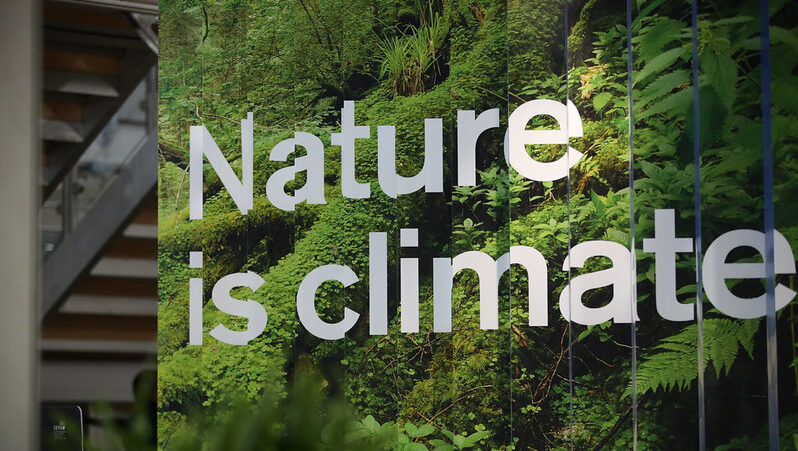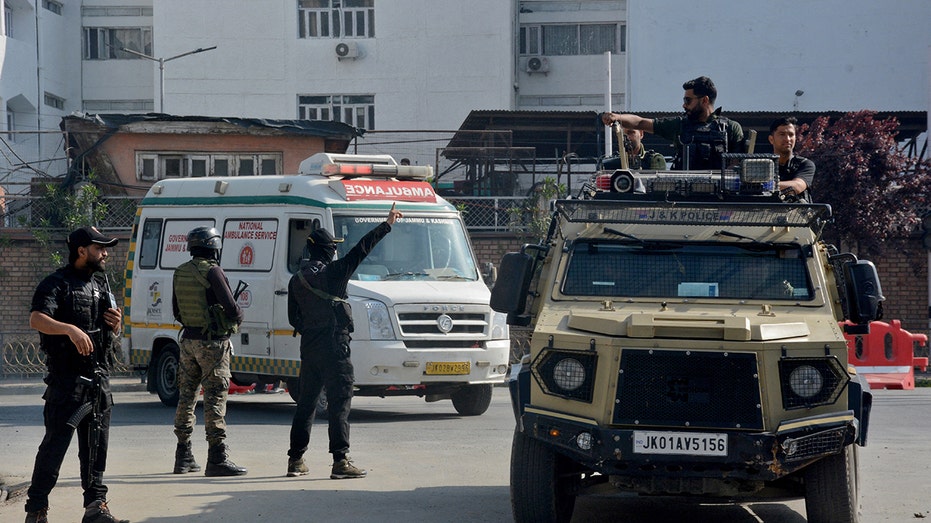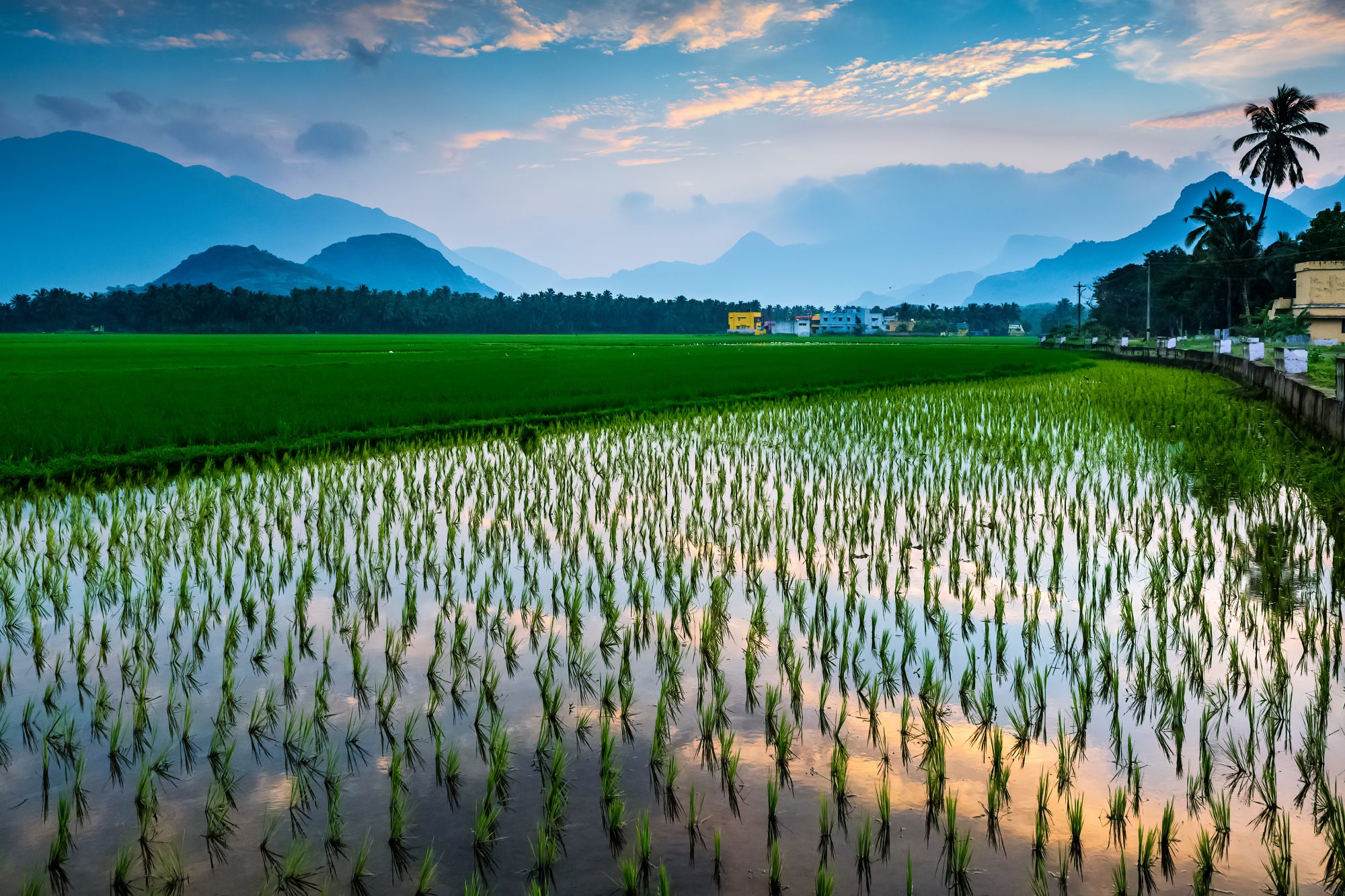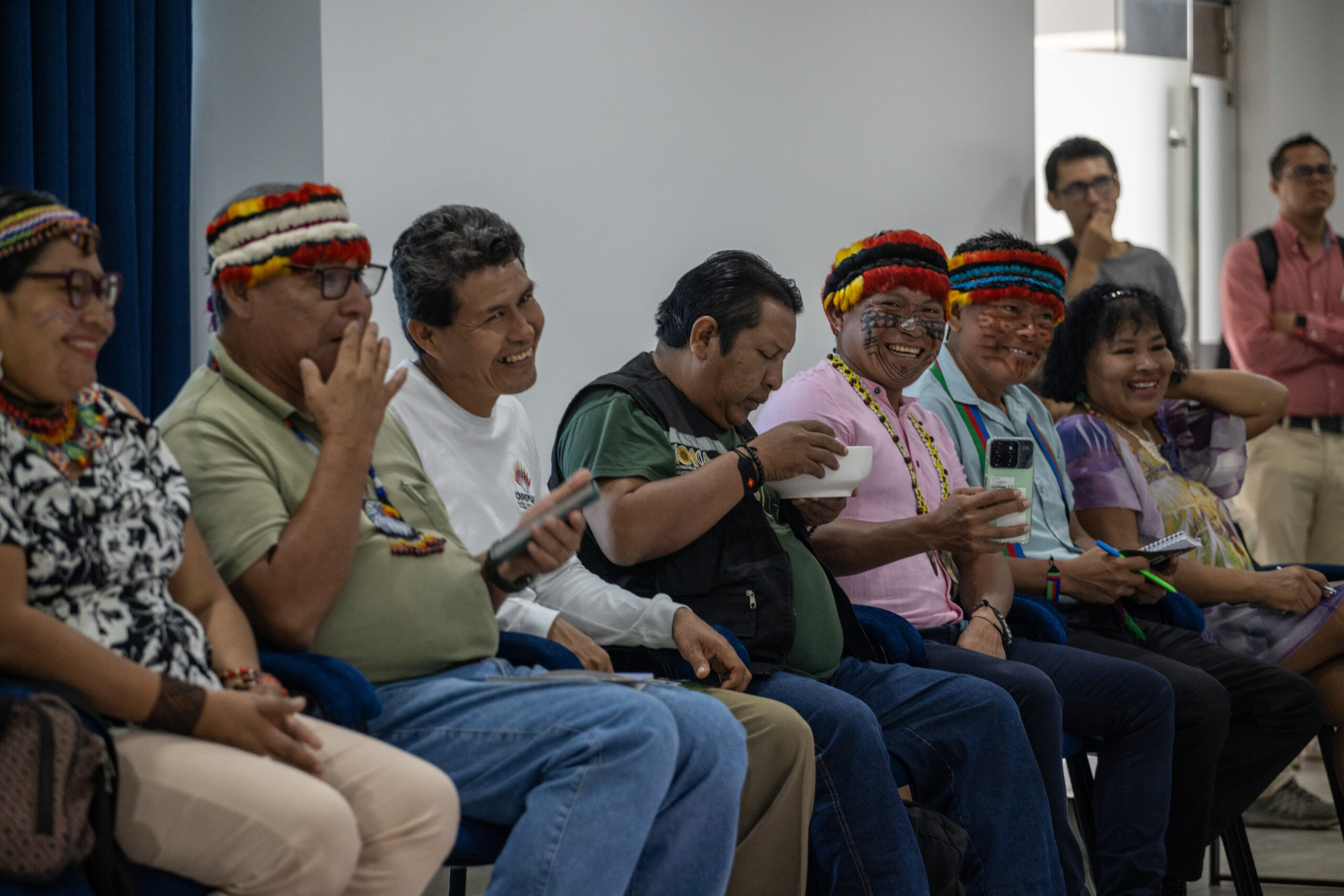Now Reading: System change is our only way out of the climate and biodiversity crises
-
01
System change is our only way out of the climate and biodiversity crises
System change is our only way out of the climate and biodiversity crises

Nele Marien serves as the Forests & Biodiversity International Programme Coordinator for Friends of the Earth International. As Earth Day is celebrated and the UN COP30 climate summit approaches, the significant impacts of the climate and biodiversity crises are evident. The new report “Climate and Biodiversity in Freefall” by Friends of the Earth International highlights the interconnectedness of these crises, emphasizing the need for comprehensive system change that addresses root causes, challenges, power dynamics, and eliminates all forms of exploitation and oppression.
Climate change and the biodiversity crisis are closely linked, arising from economic, social, and political systems that prioritize profits over people and the environment, exacerbating each other. The Intergovernmental Panel on Climate Change reports that approximately 1 million plant and animal species are at risk of extinction due to rising temperatures and extreme weather events disrupting habitats and ecosystems. Conversely, biodiversity loss also impacts climate stability by reducing biomass and species diversity.
Efforts like deforestation, soil degradation, and carbon offsetting through initiatives like REDD+ and nature-based solutions are failing to reverse carbon and biomass loss drivers, worsening the crises. False solutions such as biofuels and carbon offsets, while popular, create competition for land, deforestation, and land grabs, disproportionately affecting Indigenous Peoples and small-scale food producers.
To address these challenges effectively, a holistic approach is essential, rather than the current ineffective policy responses. False solutions like tree-planting in monoculture plantations and carbon markets delay necessary action and exacerbate risks for communities and ecosystems, particularly in the Global South.
Genuine system change is crucial to combat the intertwined climate and biodiversity crises by addressing root problems and avoiding perpetuating oppression and exploitation. Recognizing and empowering women, Indigenous Peoples, and Local Communities, whose traditional knowledge is vital for ecosystem preservation, is equally important. As COP30 approaches, a reevaluation of our strategies is essential to protect ecosystems, support sustainable futures, and prioritize the most affected communities, especially in the Global South.






